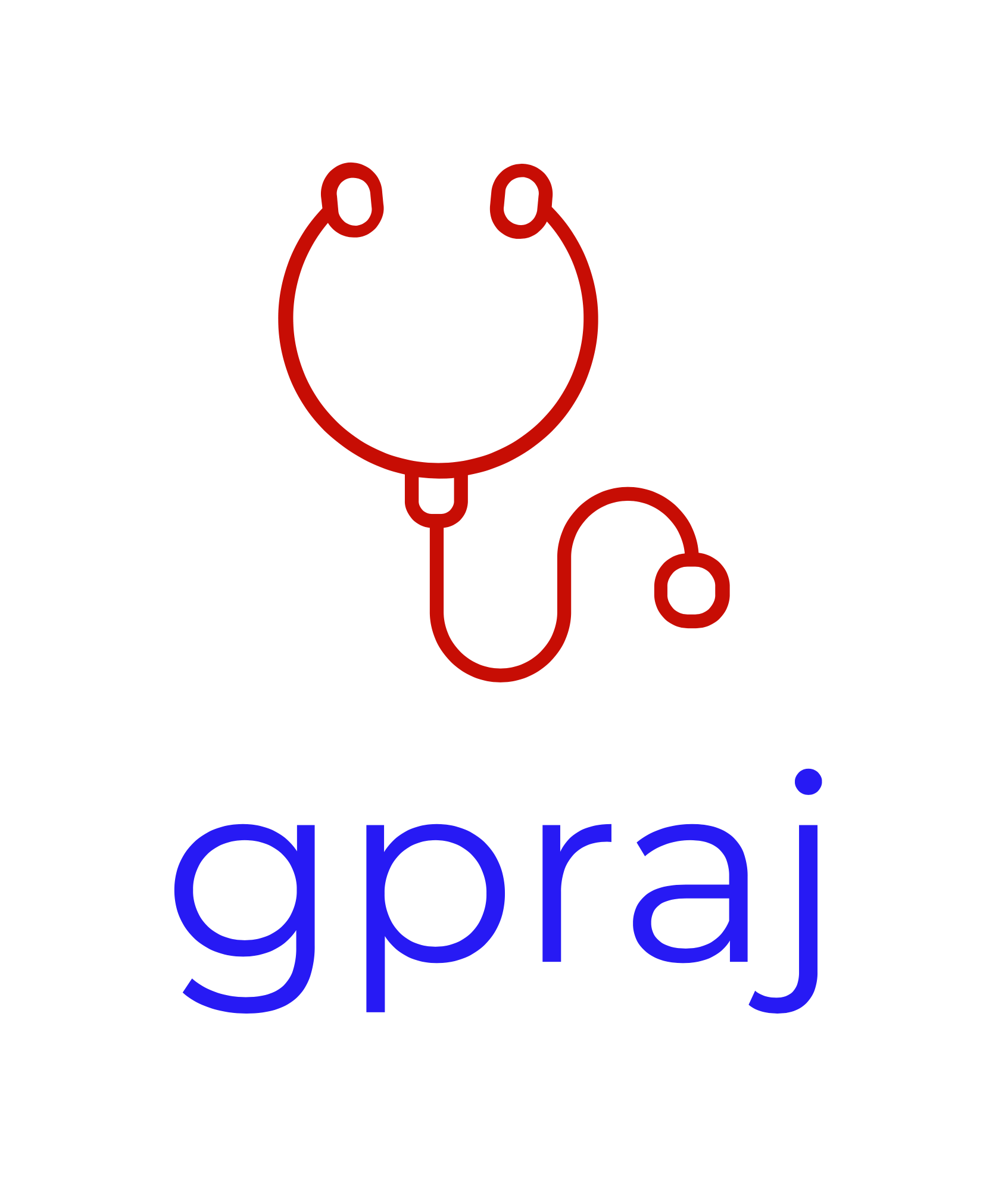Epidemiology concepts
Content
Demographic and epidemiological issues and the health needs of special groups, and the way in which these factors modify people’s use of the health care services
Knowing the conditions which constitute the main reasons for patients consulting in UK primary care
Knowledge of decisions or interventions made in the interests of a community or population of patients such as immunisation
Population statistics including incidence, prevalence, mortality ratios, death rates
Recognising the impact of adverse environmental factors on health, including poverty, unemployment, poor housing, malnutrition, occupational hazards and pollution
Risk of disease in population groups
The qualitative measurements of health such as QALY
Working knowledge of population-based preventive strategies including immunisation, health screening and population screening
Standardised Mortality Ratio
The SMR is the ratio of observed deaths to expected deaths, multiplied by 100.
An SMR of 100 means that the number of deaths is the same as would be expected for the general population.
A number higher than 100 implies an excess mortality rate and an SMR of 1000 is ten times that of the general population.
